Description
In this sense, we consider different ways of characterizing individuals and groups in crowds with respect to their relationship with the geometrical space and time. We discuss and describe an approach to extract and analyse, from the Computer Science point of view, emotions, personalities and cultural aspects from crowds and groups of pedestrians, using Computer Vision techniques.
Extracting characteristics from real pedestrians and crowds, benefits other areas, such as: architecture and design (planning spaces to maximize pedestrian and group-environment fit); security and surveillance (design of evacuation plans considering characteristics of the crowds and detection of abnormal events); entertainment (more realistic crowds in movies and games reproducing characteristics from real pedestrians and crowds); social sciences (understanding of human behavior), among others.
A big challenge in this area of research is the comparison with real life data. In this book, we successfully compared the results of the proposed approach with Psychology literature, where several studies aimed to analysis human behavior.
This practically-focused book presents a computational model for detection and analysis of pedestrian features in crowds from video sequences.
The study of human behavior is a subject of great scientific interest and probably an inexhaustible source of research. The analysis of pedestrians and groups in crowds is relevant in several areas of application, such as security, entertainment, environmental and public spaces planning and social sciences. Cultural and personality aspects are attributes that can influence personal behavior and affect the group in which individuals belong.

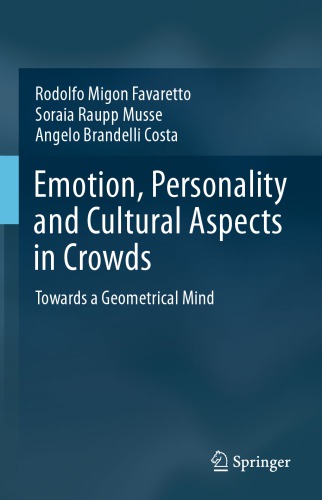
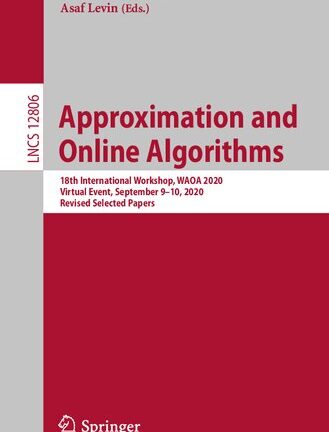
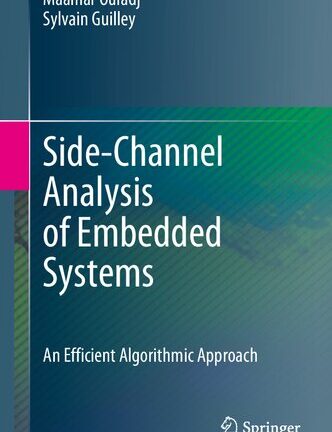
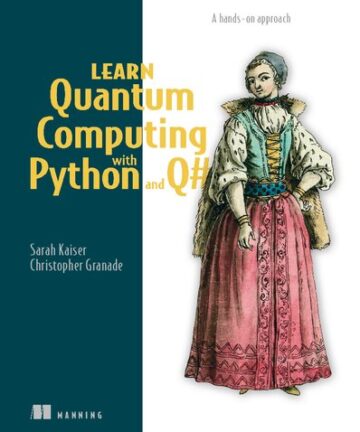
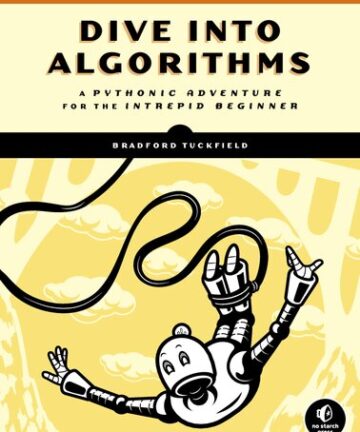
Reviews
There are no reviews yet.